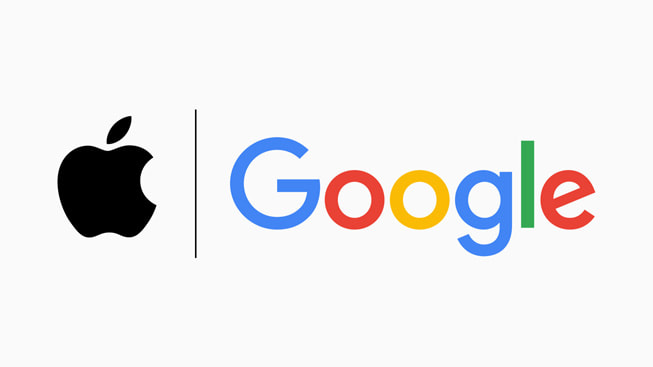Apple and Google team up to make trackers safe from stalkers
The tech giants team up to ensure trackers can't be used for nefarious purposes


Get all the latest news, reviews, deals and buying guides on gorgeous tech, home and active products from the T3 experts
You are now subscribed
Your newsletter sign-up was successful
I love AirTags, and Tiles, and other trackers: in fact, I've just added another three this morning. I use them for peace of mind when I'm taking guitar kit to gigs and can't be there all the time to keep an eye on it; I use them to make sure I don't forget to take my keys with me; and I use them to prevent lost-bag panic when I'm on a night out. They've helped reunite people with lost luggage, and New York police even recommend you use them to track your car in the event somebody nicks it.
Any technology can be abused, however, and small, easy-to-hide trackers have pretty obvious potential for abuse. That's why Google and Apple are teaming up to ensure that trackers are only tracking you with your express permission.
What are Apple and Google doing to make trackers more trustworthy?
In a joint announcement, Apple and Google have submitted a proposed industry specification for Bluetooth-based local tracking devices. As Apple puts it: "The first-of-its-kind specification will allow Bluetooth location-tracking devices to be compatible with unauthorised tracking detection and alerts across iOS and Android platforms. Samsung, Tile, Chipolo, eufy Security, and Pebblebee have expressed support for the draft specification, which offers best practices and instructions for manufacturers, should they choose to build these capabilities into their products."
I hope they do, because unfortunately all kinds of unpleasant people, such as controlling partners and creeps of various kinds, can use trackers (and other location based systems such as phone location tracking) for nefarious purposes. And you might not know if you're one of the people targeted: My iPhone will tell me if an unknown AirTag is travelling with me, but if I had an Android phone I'd be none the wiser.
This is serious stuff, as Erica Olsen of the National Network to End Domestic Violence explains. The Network "has been advocating for universal standards to protect survivors — and all people — from the misuse of Bluetooth tracking devices" and sees the specification as a positive step forwards.
It is, however, a fairly slow step: the proposals have been submitted to the Internet Engineering Task Force, a key tech standards organisation, and there's now a three-month consultation process before anything gets implemented. Google and Apple hope to have actual protection in their tracking ecosystems by the end of 2023.
Get all the latest news, reviews, deals and buying guides on gorgeous tech, home and active products from the T3 experts

Writer, musician and broadcaster Carrie Marshall has been covering technology since 1998 and is particularly interested in how tech can help us live our best lives. Her CV is a who’s who of magazines, newspapers, websites and radio programmes ranging from T3, Techradar and MacFormat to the BBC, Sunday Post and People’s Friend. Carrie has written more than a dozen books, ghost-wrote two more and co-wrote seven more books and a Radio 2 documentary series; her memoir, Carrie Kills A Man, was shortlisted for the British Book Awards. When she’s not scribbling, Carrie is the singer in Glaswegian rock band Unquiet Mind (unquietmindmusic).